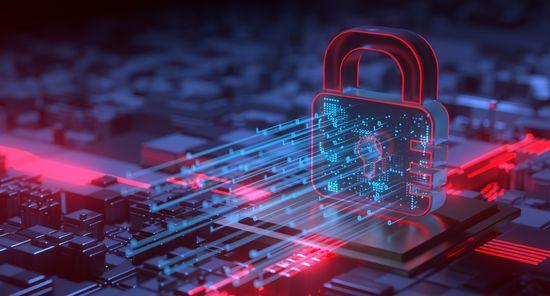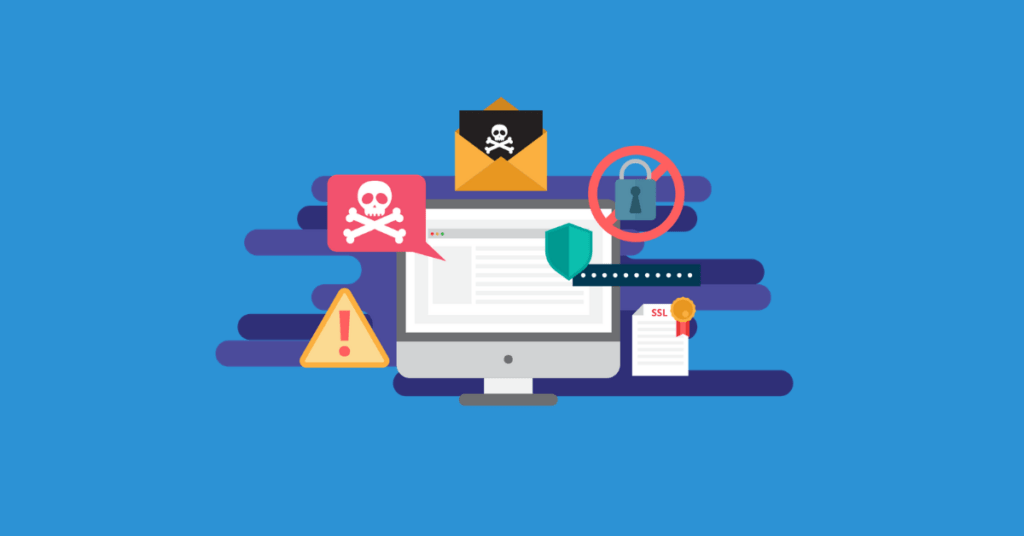Computer security, also known as cybersecurity, is a critical aspect of modern technology that focuses on protecting computer systems, networks, and data from unauthorized access, cyberattacks, and other security threats.
As technology becomes increasingly integrated into various aspects of our lives, ensuring computer security systems has become a top priority to safeguard sensitive information and maintain the integrity of digital infrastructures.

Types of Computer Security:
Computer security encompasses various layers of protection.
These include physical security measures to prevent unauthorized physical access to computer hardware, network security to secure data transmission and prevent unauthorized network access, also data security to protect sensitive information from unauthorized disclosure or modification.
Cyber Threats:
The field of security addresses a wide range of cyber threats, such as malware (viruses, worms, Trojans), ransomware, phishing attacks, data breaches, denial-of-service (DoS) attacks, and social engineering exploits.
These threats can cause significant financial losses, privacy violations, also damage to the reputation of individuals and organizations.
Importance of Computer Security:
Computer are vital for individuals, businesses, governments, and institutions alike. Protecting personal also financial information is crucial to prevent identity theft and financial fraud.
For businesses and organizations, secure computer systems are essential to safeguard sensitive customer data, intellectual property, and proprietary information.
Security Best Practices:
Implementing robust security measures involves a combination of technology, policies, and user awareness.
Best practices include using strong, unique passwords; keeping software and OS updated with security patches; and encrypting sensitive data. Enabling firewalls and antivirus software; also conducting regular backups to prevent data loss.
Cybersecurity Professionals:
To address the evolving landscape of cyber threats, cybersecurity professionals play a vital role in organizations. They implement security measures, detect and mitigate breaches, also stay informed about emerging threats and technologies.
Challenges and Future Trends:
Computer faces ongoing challenges due to the ever-evolving nature of cyber threats. Cybercriminals continuously develop new attack techniques, making it necessary for security professionals to stay proactive and adaptive.
Emerging technologies like AI and IoT bring new security concerns that need addressing.
Conclusion
Computer security is a fundamental pillar of the digital age. It is essential to protect our digital assets, privacy, also critical infrastructure from the constant and evolving threats in cyberspace.
By adopting strong security measures, promoting cybersecurity awareness, also investing in skilled professionals. We can create a safer digital environment for individuals, organizations, also societies as a whole. 온라인카지노사이트


